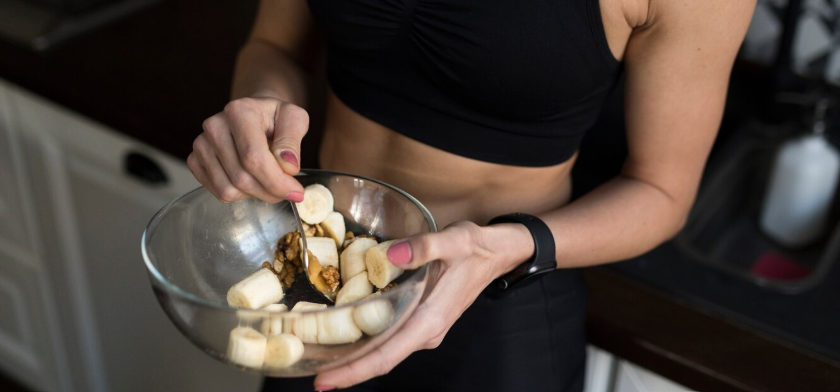Magnesium is an essential mineral that plays a critical role in muscle function, energy production, and recovery. Despite its importance, magnesium is often misunderstood, leading to widespread myths about its role in preventing cramps and aiding post-exercise recovery. Let’s clarify these misconceptions and highlight the best food sources to optimize your intake.
Myth vs. Fact: Does Magnesium Really Prevent Muscle Cramps?
✅ Fact: Magnesium contributes to muscle relaxation and nerve transmission, which is why it’s often recommended for preventing cramps.
❌ Myth: Magnesium alone is a cure-all for cramps. In reality, muscle cramps can result from various factors such as dehydration, electrolyte imbalances, or overexertion. While magnesium helps, it should be part of a holistic approach that includes proper hydration and electrolyte balance.
Top Magnesium-Rich Foods for Recovery and Muscle Health
1. Pumpkin Seeds
One of the most magnesium-dense foods, just a small handful provides nearly 40% of the recommended daily intake. Pumpkin seeds are also rich in antioxidants and healthy fats, making them an excellent post-workout snack to support muscle function and recovery.
2. Dark Chocolate
Not only is dark chocolate a delicious treat, but it’s also a surprisingly good source of magnesium—especially varieties with 70% cocoa content or higher. Additionally, it provides beneficial antioxidants that combat exercise-induced oxidative stress.
3. Spinach
This versatile leafy green is packed with magnesium, as well as iron, potassium, and vitamins A and C. Whether sautéed, blended into smoothies, or added to salads, spinach supports muscle recovery while providing a broad spectrum of nutrients.
Pro Tip: Enhance Magnesium Absorption
➡️ Pair magnesium-rich foods with vitamin D sources—like fatty fish or fortified foods—to improve absorption and utilization in the body. Vitamin D plays a key role in regulating magnesium balance, making this pairing especially beneficial for athletes and active individuals.
➡️ Limit excessive intake of caffeine and alcohol, as these can interfere with magnesium absorption and increase excretion.
Should You Get Tested?
If you frequently experience muscle cramps, fatigue, or irregular heartbeats, it may be wise to consult your healthcare provider. A simple blood test can assess magnesium levels and help identify potential deficiencies.
Remember, self-supplementing without medical guidance is not recommended, as excessive magnesium from supplements can cause adverse effects like diarrhea or low blood pressure.
The Bottom Line
Magnesium is a vital nutrient for muscle health, cramp prevention, and exercise recovery, but it works best as part of a balanced diet and lifestyle. By regularly incorporating foods like pumpkin seeds, dark chocolate, and spinach into your meals, you can naturally support your body’s magnesium needs and optimize your fitness outcomes.
⭐Recommended for You
👉 Keyslim Drops – Supports weight loss by boosting metabolism and reducing cravings. [Check it out →]
👉 Advanced Amino Formula – Enhances muscle recovery and promotes optimal performance. [Check it out →]
👉 Advanced Mitochondrial Formula – Increases cellular energy and combats fatigue naturally. [Check it out →]
👉 Advanced Memory Formula – Improves memory, focus, and overall brain health. [Check it out →]

